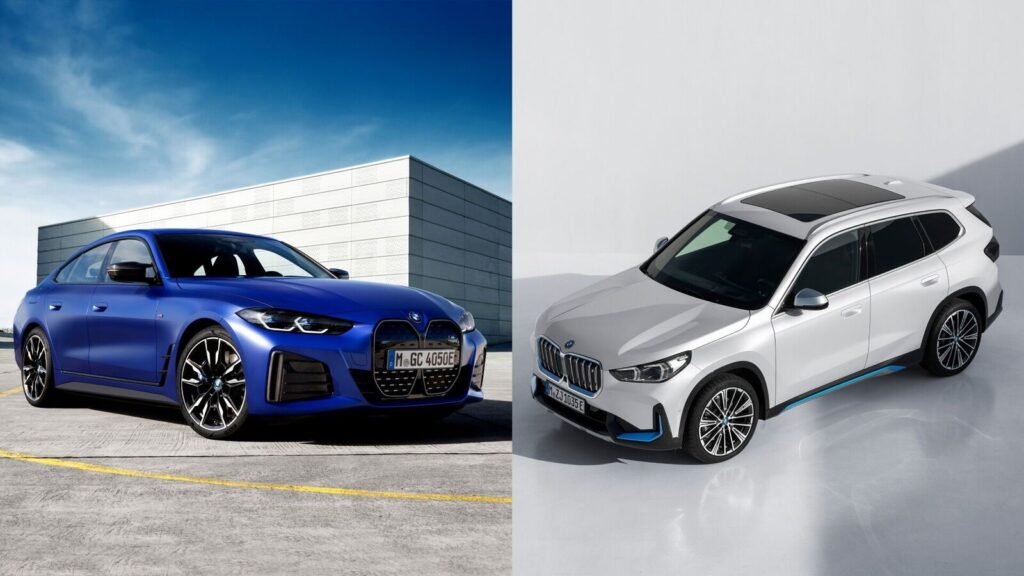Last month, BMW AG passed Tesla Inc. to become the market leader in Europe for electric vehicles for the first time. This continued the German automaker’s strong growth while other companies were struggling.
Jato Dynamics, a consulting firm, found that sales of fully electric BMWs in the bloc rose by more than a third in July, to 14,869 units. The number of Teslas registered dropped 16%, to 14,561 units.


Tesla still has a huge lead in EV sales so far this year, but companies like BMW and Volvo Car AB are taking market share away from it in Europe. Last month, 139,300 new EVs were registered in Europe. That’s about 6% less than the same time the previous year.
Europe’s demand for electric cars is falling because countries like Germany and Sweden have stopped or cut back on funding. This has caused automakers to change their plans for EVs. Volkswagen AG, the biggest carmaker in the region, said this month that it will cut back on capacity at expensive plants in Germany and might delay the release of new electric models. Mercedes-Benz Group AG is slowing down its plans to make cars electric and its work on batteries.
“Consumers are still hesitant to buy EVs because it’s not clear what the incentives are or what the future holds for them,” said Felipe Munoz, an analyst at Jato. “These things, along with the fact that EVs have a low resale value, led to the drop seen in July.”
Read More: Musk Will Invite Tesla Board to $5 B xAI Investment
BMW Outperforms Rivals in Electric Car Market
BMW was able to go against the trend because electric cars like the i4 and iX1 sold more than Mercedes and Audi models of the same size. Tesla’s Model Y stayed the best-selling electric car in Europe in the first half of the year, but sales of the four-year-old model dropped 16% in July, showing that demand is waning.
As of Thursday at 10:30 a.m. in New York, Tesla shares had dropped as much as 1.5%. This year, they’re down about 11%.
This year, Chinese automakers like BYD Co. and SAIC Motor Corp. have been slowly growing in Europe. However, the threat of EU tariffs has slowed their progress. According to researcher Dataforce, the number of registrations dropped from June to July. This is because Brussels is moving forward with temporary fees that will go into effect later this year.




